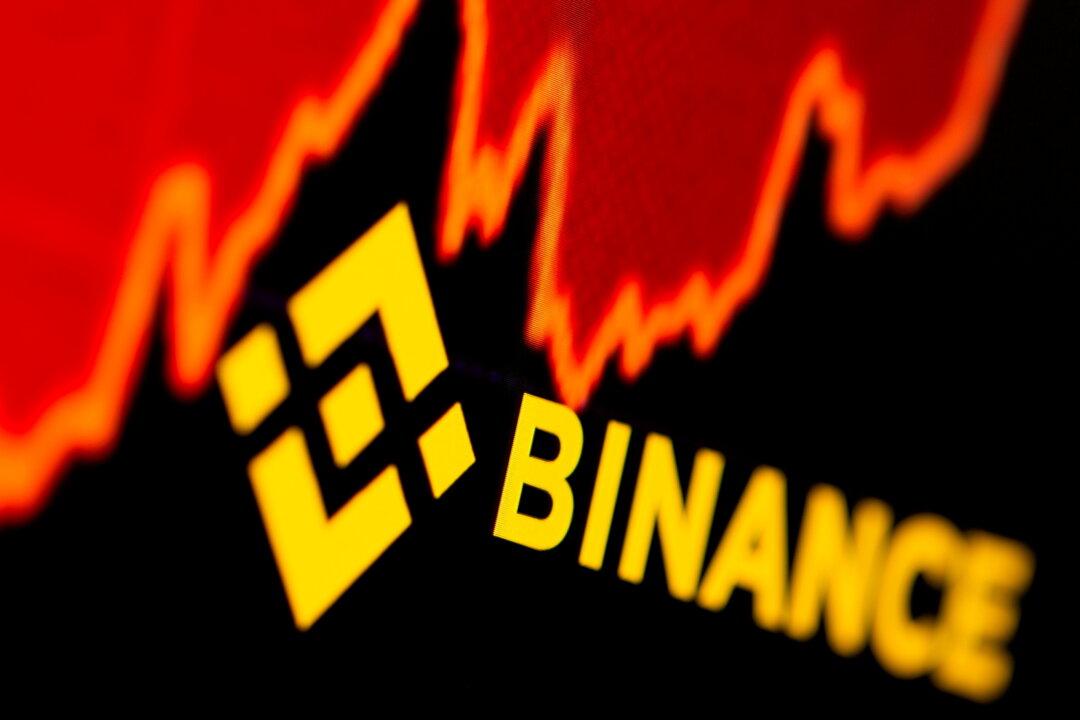The U.S. Securities and Exchange Commission (SEC) has filed 13 charges against crypto platform Binance and its CEO for allegedly engaging in an “extensive web of deception” to mislead customers and evade U.S. laws.
The SEC filed its lawsuit against Binance and CEO Changpeng Zhao in the U.S. District Court for the District of Columbia on Monday, alleging that they exhibited “blatant disregard” of the federal securities laws.





